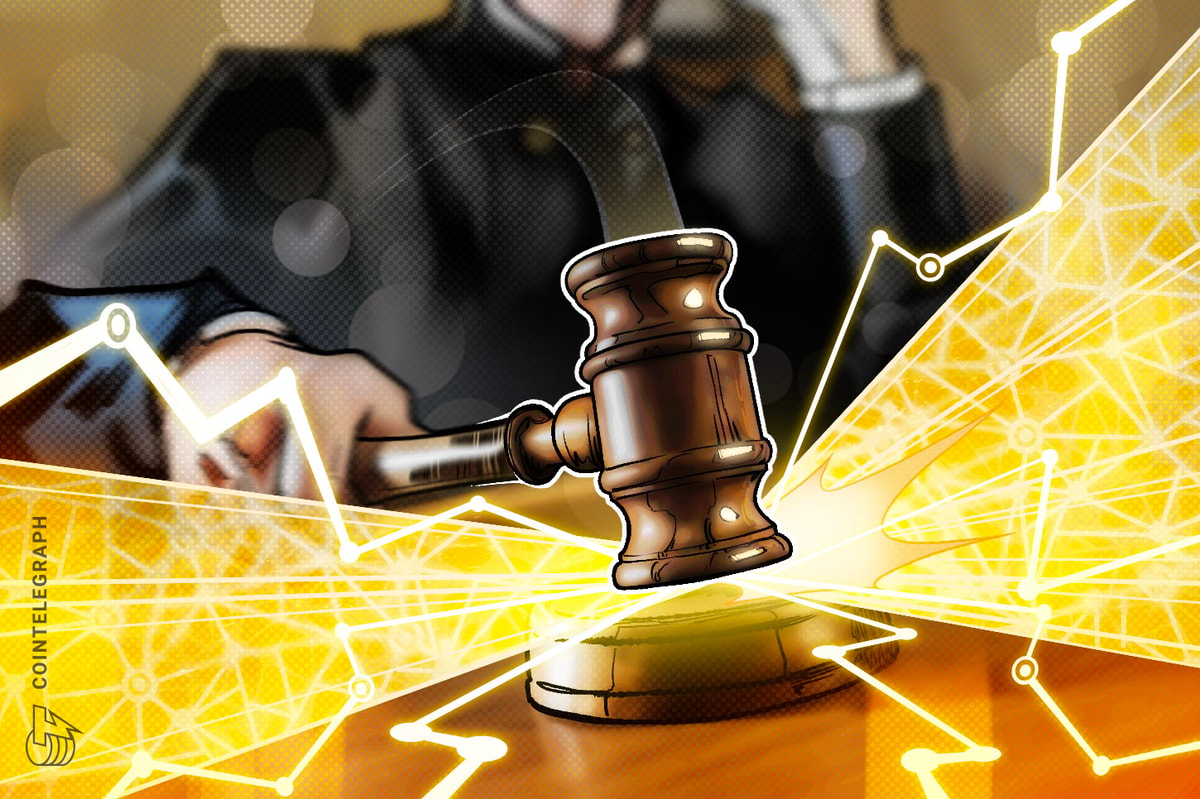
The EOS Network Foundation has called on plaintiffs to drop the $22 million settlement with Block.one weeks after initiating a new class action.
Amid the approaching deadline for opting out of the current $22 million settlement with Block.one (B1), EOS Network Foundation (ENF) has called on plaintiffs to drop the lawsuit.
The ENF took to Twitter on Aug. 8 to encourage plaintiffs to reject the $22 million settlement Block.one, the firm that was the original seller of EOS (EOS) in a $4 billion initial coin offering (ICO) in 2018.
The EOS foundation argued that the existing settlement “does not adequately compensate” community members for losses caused by Block.one’s “misrepresentations and bad acts.” The ENF emphasized that the settlement amount is a tiny fraction of the amount raised by Block.one as well as $1 billion that it falsely promised to invest in the EOS network and community.
“$22 million is too small a price for Block.one to pay to avoid having to be held to account for their bad acts in the future,” the announcement reads.
Additionally, the settlement bars class action participants’ rights to file new complaints against Block.one and its founders in the future, the ENF stressed, adding:
“The ENF urges community members to opt out of the settlement which will send a strong message to Block.one and to the court that the settlement is entirely inadequate and does not adequately compensate community members.”
According to the foundation, the deadline to opt out of the class action is Aug. 29. “If you fail to opt out by this date you may automatically be included in the class and your future rights to bring a claim against Block.one will be impaired,” the ENF noted.
Related: ‘The SEC has violated due process’ — Coinbase CLO on motion to dismiss lawsuit
The latest statements by the ENF came soon after it officially announced that it was preparing to start legal action against B1 in late July.
ENF founder and CEO Yves La Rose told Cointelegraph that the new action by the ENF could potentially help plaintiffs get higher compensation. “There are no guarantees, which is why this is a personal choice they need to make,” La Rose stated, reiterating that the ENF recommends any person consult their own legal counsel to determine which decision would be best for them.
Magazine: Should you ‘orange pill’ children? The case for Bitcoin kids books





